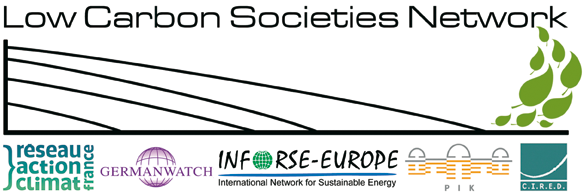 |
 |
|
|
|
|
|
News The Project is ended in 2012, but the collection of scenarios is continued being updated: Check out the New European CLEVER Scenario, June 2023: • Regional Scenarios • National Scenarios • Global Scenarios News from Project (2009-12) • March 15, 2012 Paris, France Final Conference Proceedings •  March, 2012 March, 2012Newsletter # 9 |
|||||||||||||||||||||||||||||||||||||||||||||||||||||||||||||||||||||||||||||









